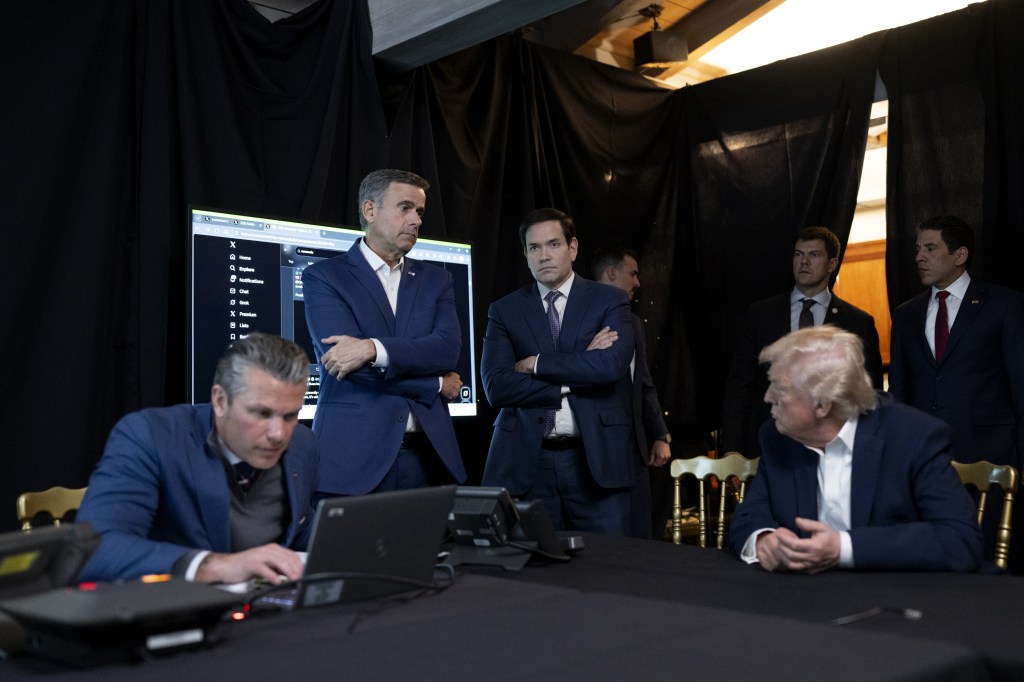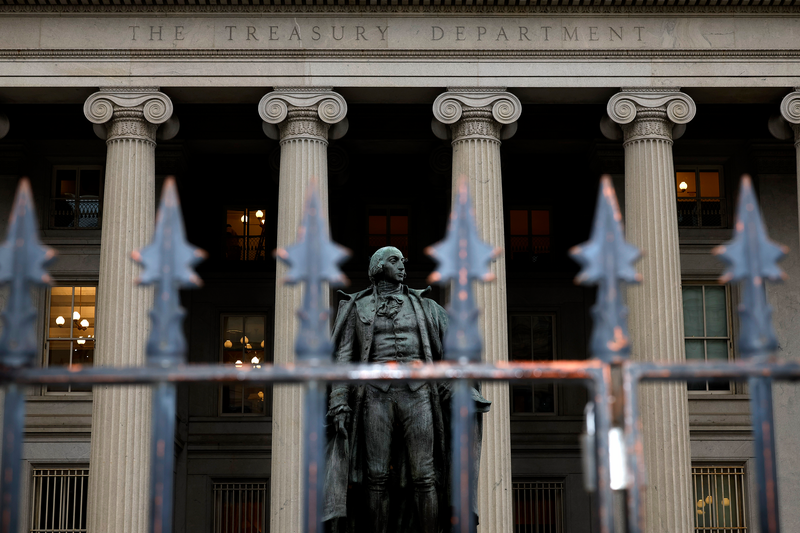Despite the bipartisan effort to increase corporate transparency under US law, an Alabama federal district judge has ruled that the Treasury Department cannot require small business owners to report details of their owners and others who benefit from the business.
US District Judge Liles C Burke decided that the Corporate
Register for free to keep reading
To continue reading this article and unlock full access to GRIP, register now. You’ll enjoy free access to all content until our subscription service launches in early 2026.
- Unlimited access to industry insights
- Stay on top of key rules and regulatory changes with our Rules Navigator
- Ad-free experience with no distractions
- Regular podcasts from trusted external experts
- Fresh compliance and regulatory content every day

















